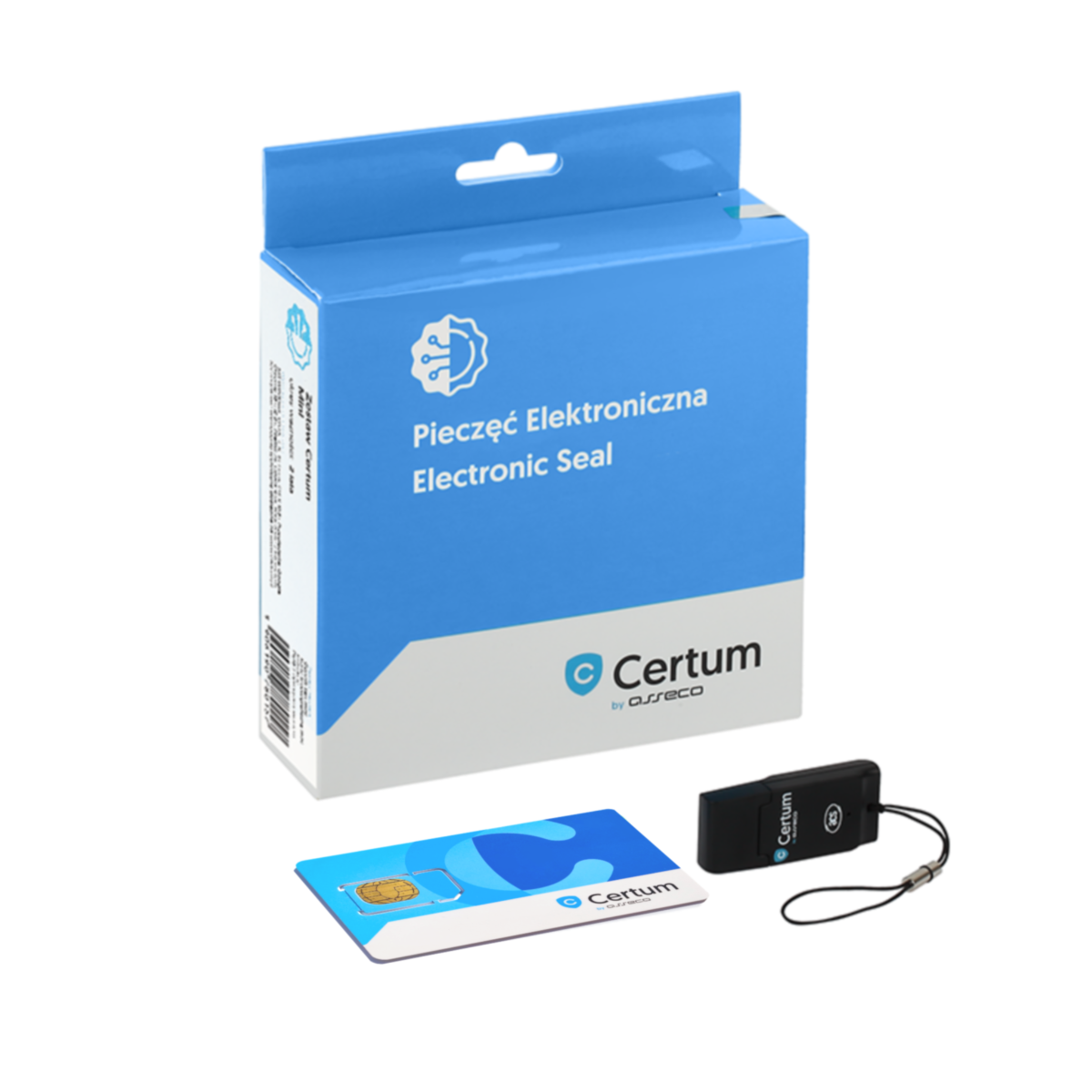A qualified electronic seal is the digital equivalent of a company stamp. It contains the company's name, address and other data. It is an internationally recognized legal tool for authenticating and legitimizing digital documents. Qualified electronic seals are more than simply a digital signature and are increasingly being used by companies to ensure the security and authenticity of digital documents. The introduction of a qualified electronic seal is an important step in the digitization of companies and organizations, providing security and assurance in the circulation of electronic documents.
Qualified electronic seal
Definition of
An electronic seal is a digital tool that enables companies and organizations to authorize and secure electronic documents. It is an advanced technological solution that can be used to ensure the authenticity, integrity and confidentiality of electronic data. A qualified electronic seal is a type of seal that meets specific legal requirements and is issued by trust service providers who are responsible for verifying the identity and authenticity of signatures.
Application
One of the uses of the qualified electronic seal is to automate processes in the National e-Invoice System (KSeF). The seal contains only the data of the entity, not personal data, as is the case with a qualified signature. This means that access to KSeF will not be restricted in the event of an employee change.
A qualified electronic seal identifies digital identity and guarantees the identification of the entity that authored the document. Documents such as contracts, company policies or regulations can be electronically signed and secured. This avoids the risk of forgery and ensures the integrity of the documents.
In addition, the qualified electronic seal is used in securing other company documents. It can protect personal data, important business information or documents relating to business transactions.
All these applications of qualified electronic seal are aimed at ensuring the authenticity of documents, saving time and increasing security. Therefore, it is worth taking advantage of this modern solution, which is very popular in business.
Laws
The laws governing the use of a qualified electronic seal in an enterprise are designed to ensure the security and authenticity of documents. In Poland and other countries of the European Union there are detailed regulations for this solution. In Poland, the Electronic Signature Act and its implementing regulations govern the use of a qualified electronic seal. This form of seal is issued by certification centers, so that a qualified seal has the same legal force as a traditional paper seal, which means that it is equally valid for signing documents and ensuring their authenticity. Compliance with the law on qualified electronic seal is key to ensuring the security and authenticity of documents in an enterprise. Therefore, businesses should be aware of the applicable regulations and use this modern form of electronic seal in a legally compliant manner.
The European Union and the European Parliament
The European Union and the European Parliament have a key role in qualified electronic seals (QES). The introduction of QES is the result of legislation, in particular the eIDAS Regulation, which aimed to create a uniform legal framework across the European Union for electronic identification and trust services. The European Union, through the European Parliament, conducted studies and an assessment of the legal and technical aspect of the application of QES in various economic sectors. These studies were aimed at demonstrating the benefits and opportunities that the introduction of a qualified electronic seal standard brings to businesses, public institutions and citizens. The introduction of qualified electronic seals by EU institutions brings many benefits. First of all, QES ensures the authenticity of electronic documents, minimizing the risk of alteration or forgery. In addition, QES gives documents legal validity, which is important for electronic transactions and the exchange of documents between different business entities.
By using qualified electronic seals, companies can be sure that documents are authentic and have not been altered during the exchange process, saving time and ensuring data security. The European Union and the European Parliament are playing a key role in promoting and regulating the use of QES, which is an important step in the area of electronic identification and trust services in the EU.
In the European Union, electronic seals are regulated by the Regulation of the European Parliament and of the Council on electronic identification and trust services for electronic transactions in the internal market. This regulation sets standards and requirements that trust services must meet for electronic seals.
Important legal acts related to qualified electronic seal are European Union directives, such as Directive 1999/93/EC and Directive 2000/31/EC. In addition, legal bodies such as the European Certification Center and Eurocert also affect the use of qualified electronic seal.
How does a qualified electronic seal work?
A qualified electronic seal is generated using specialized software and stored in a special device called a cryptographic security modules (HSM). The main function of a qualified electronic seal is to guarantee the integrity of documents, that is, to ensure that the document has not been modified since it was signed. A qualified electronic seal can also be used to authorize documents, meaning that the seal confirms that a document has been signed by a specific person or company.
On this page you will find a detailed list of documents necessary for a qualified electronic seal, depending on the representation of the company its type and form of ownership.
If you have any doubts we will help you remotely or in person at your place or at one of our offices. Get intouch with us. We will help 🙂





